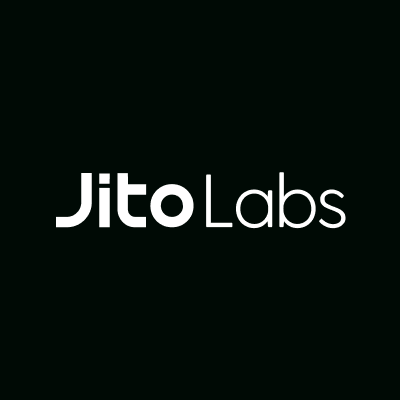In a significant development within the cryptocurrency landscape, Jito Labs has reported that over 93% of Solana’s validators are now utilizing their software for maximizing Ethereum’s Miner Extractable Value (MEV). This statistic highlights the growing importance of Jito’s technology in optimizing performance on the Solana blockchain, which has been gaining momentum for its high-speed transactions and vibrant ecosystem.
Jito Labs has positioned itself as a leader in harnessing MEV, a concept that allows validators to capture additional value from the transactions they process. This innovation not only brings efficiency to the Solana network but also potentially enhances profitability for those involved in the validation process.
Solana, known for its impressive scalability and low fees, has attracted a diverse range of applications, from decentralized finance (DeFi) protocols to non-fungible tokens (NFTs). The integration of Jito’s software underscores the network’s commitment to leveraging advanced solutions to further strengthen its infrastructure. As MEV strategies become more prominent, the collaboration between Solana validators and Jito Labs is poised to influence the overall blockchain ecosystem.
With this high adoption rate, Jito’s technology is set to play a critical role in shaping the future of Solana, making it a key player in enhancing resource utilization and transaction efficiency.
This news not only emphasizes the technical advancements taking place within the cryptocurrency sector but also showcases the evolving dynamics of blockchain governance and optimization strategies. As the industry continues to mature, such innovations will likely attract further interest from developers and investors alike, leading to new opportunities across various digital platforms.
Impact of Jito’s Software on Solana Validators
Jito Labs has made a significant impact on the Solana ecosystem by providing software that enhances the efficiency of validators. Here are the key points regarding this development:
- High Adoption Rate: Over 93% of Solana’s validators are utilizing Jito’s software for Maximum Extractable Value (MEV).
- Enhanced Efficiency: Jito’s software enables validators to optimize their operations, potentially leading to increased profits.
- Competitive Advantage: Validators using Jito’s software may gain a competitive edge in the rapidly evolving blockchain landscape.
- Impact on Transaction Processing: The integration of MEV strategies could lead to faster transaction confirmations, improving user experience.
- Market Trends: This high adoption signals a trend towards a more sophisticated approach to transaction strategy within the Solana network.
“The reliance on Jito’s software underscores a crucial shift towards optimizing blockchain validation processes for better profitability and efficiency.”
The implications of these points are significant for both validators and end-users in the Solana ecosystem. For validators, adopting such technology not only enhances their earning potential but also contributes to the overall health and resilience of the blockchain. For users, the potential for faster and more reliable transactions directly improves their interaction with the network, making it a more viable platform for various applications.
The Dominance of Jito’s Software in Solana’s Validator Network
In a landscape where blockchain efficiency and transactional speed are paramount, Jito Labs has made significant strides, boasting that over 93% of Solana’s validators now operate using their software for Maximum Extractable Value (MEV). This staggering figure underscores Jito’s competitive edge in the rapidly evolving Solana ecosystem. In comparison to other networks, where competing MEV solutions often struggle to gain traction, Jito’s integration into Solana appears seamless and well-accepted by the validator community.
On one hand, this remarkable adoption can be seen as a boon for Jito Labs, establishing them as a near-monopoly player within the Solana blockchain. This competitive advantage not only enhances transaction throughput but also optimizes the reward structures for validators, creating an efficient ecosystem that can attract more developers and projects to Solana. The benefits extend beyond the company; they contribute positively to network performance, potentially reducing costs for end-users and improving the overall user experience.
However, this level of dominance isn’t without its drawbacks. The heavy reliance on Jito’s software means that any flaws, bugs, or vulnerabilities within their system could pose significant risks to the entire Solana network. Additionally, such concentration may deter innovation, as other MEV solutions might find it challenging to compete or coexist, leading to a lack of diversity in technological offerings. This scenario could ultimately hinder the growth of other players who might have developed alternative or more specialized MEV solutions.
As with any significant technology shift, the ripple effects could be profound. New entrants into the Solana blockchain could find themselves at a disadvantage, struggling to gain visibility and traction against a well-entrenched solution like Jito. In contrast, existing validators who have adopted Jito’s software are likely to benefit from enhanced operational efficiencies and a competitive edge in transaction processing. For users looking for an optimized trading experience on Solana, Jito’s dominance may mean faster, less costly transactions—but at the expense of the diversity that smaller players can bring to the ecosystem.















